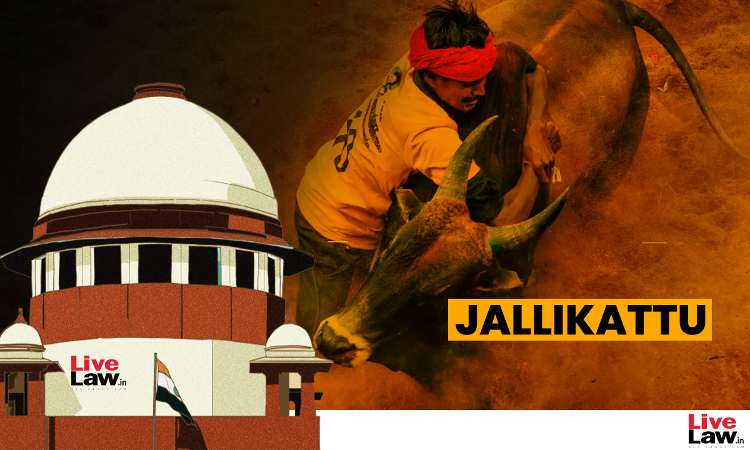The Supreme Court on Thursday upheld the constitutional validity of the State amendments made to the central law Prevention of Cruelty to Animals Act by the States of Tamil Nadu, Karnataka and Maharashtra to allow the conduct of animal sports like Jalikattu, Kambala and bull-cart racing in these respective States.A Constitution Bench of the Supreme Court dismissed a batch of petitions...

